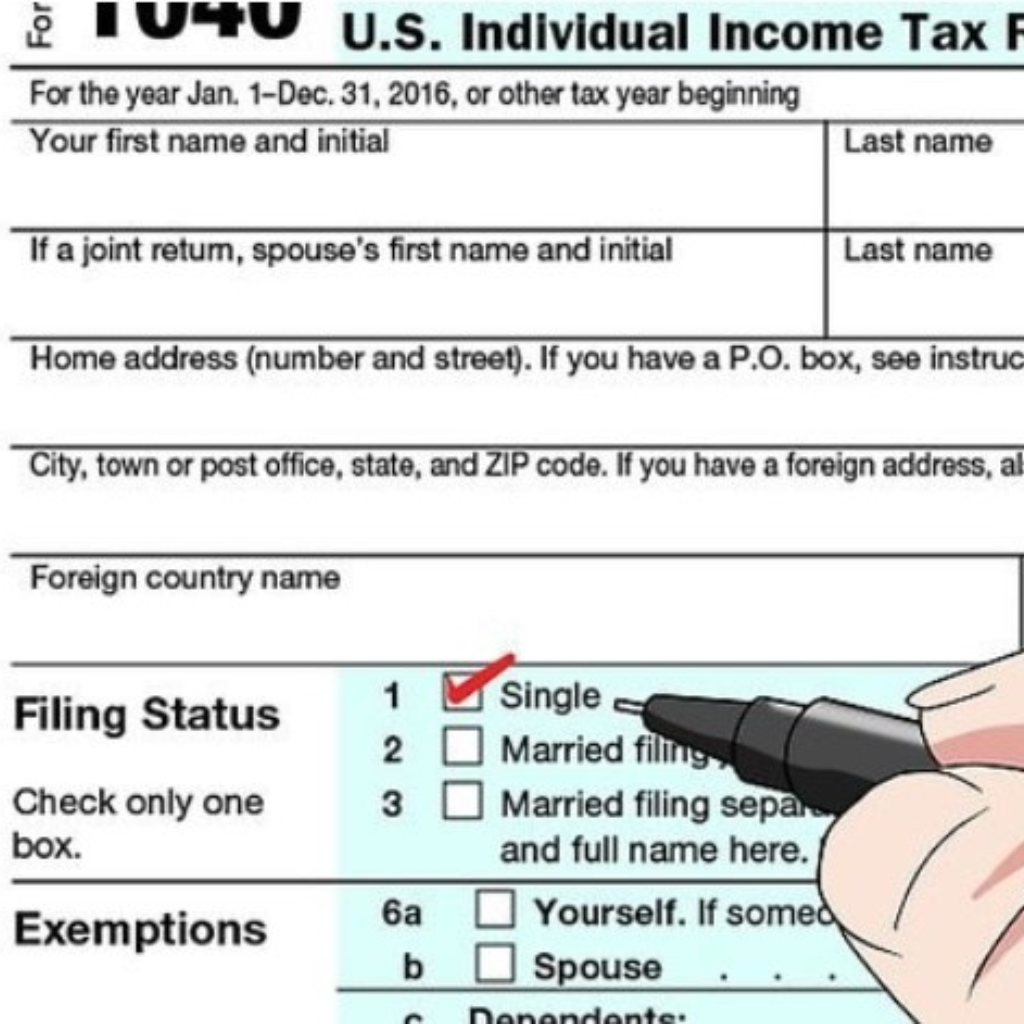
Avoiding Common Tax Mistakes: Tips for a Smooth Filing Process
Filing your taxes can be a complicated process, and it’s easy to make mistakes that could delay your refund or result in penalties. In this post, we’ll go over some of the most common tax mistakes individuals make and offer tips on how to avoid them, ensuring a smooth filing process.
Common Tax Mistakes to Avoid
1. Forgetting to Sign Your Return: Believe it or not, one of the most common mistakes taxpayers make is forgetting to sign their tax return. Without a signature, your return is invalid and won’t be processed.
2. Incorrect Social Security Numbers: Make sure you enter the correct Social Security number for yourself and any dependents. A wrong SSN can cause delays or even rejection of your return.
3. Math Errors: Simple math errors, like addition or subtraction mistakes, can affect your tax bill. If you’re filing by hand, double-check all your calculations or consider using tax software.
4. Missing Deadlines: Filing late without requesting an extension can result in penalties. Make sure to file by the IRS deadline, or request an extension if needed.
Tips for a Smooth Filing Process
1. E-File Your Return: Filing electronically reduces the chances of errors and typically results in faster processing and refunds.
2. Keep Good Records: Stay organized throughout the year by keeping records of your income, expenses, and any tax documents. This will make tax time easier and help you avoid missed deductions.
3. Double-Check All Information: Before submitting your return, review all information for accuracy, including your personal details, income figures, and deduction claims.
Disclaimer
This content is for educational purposes only and does not constitute legal or tax advice. Please consult a tax professional for specific guidance. Noortax Service, Inc., established in 1999, can assist you with preparing your tax return and ensuring a smooth filing process. Contact us at 586-481-6134.
Need Help with Your Taxes?
If you’re concerned about making mistakes on your tax return or need help preparing your taxes, Noortax Service, Inc. is here to assist. We’ve been helping individuals and businesses with their tax needs since 1999. Contact us at www.Noortax.net or 313 873 5338 for professional and reliable tax services.


